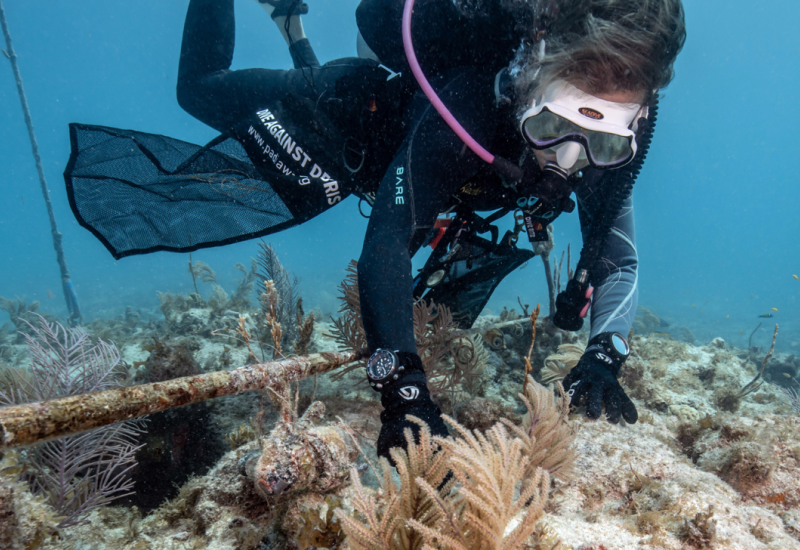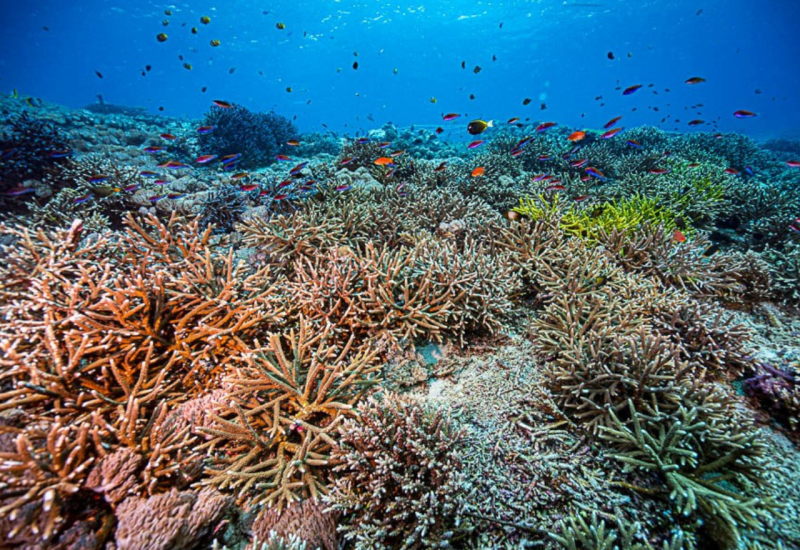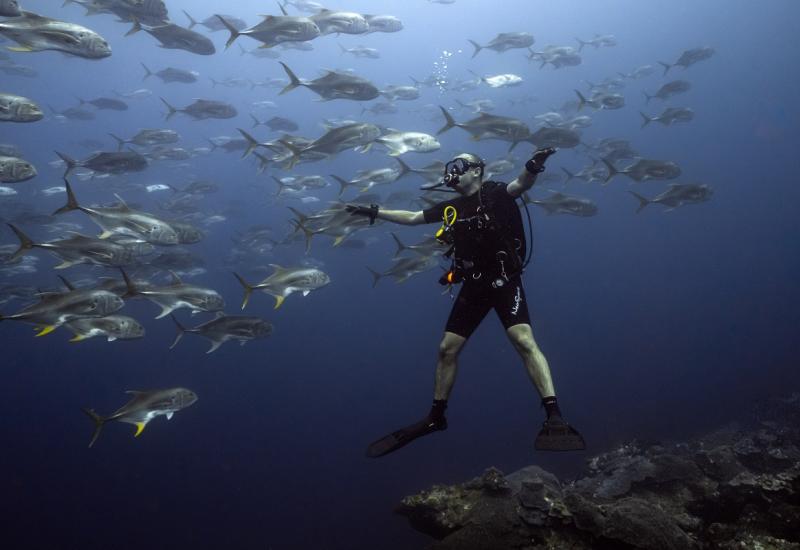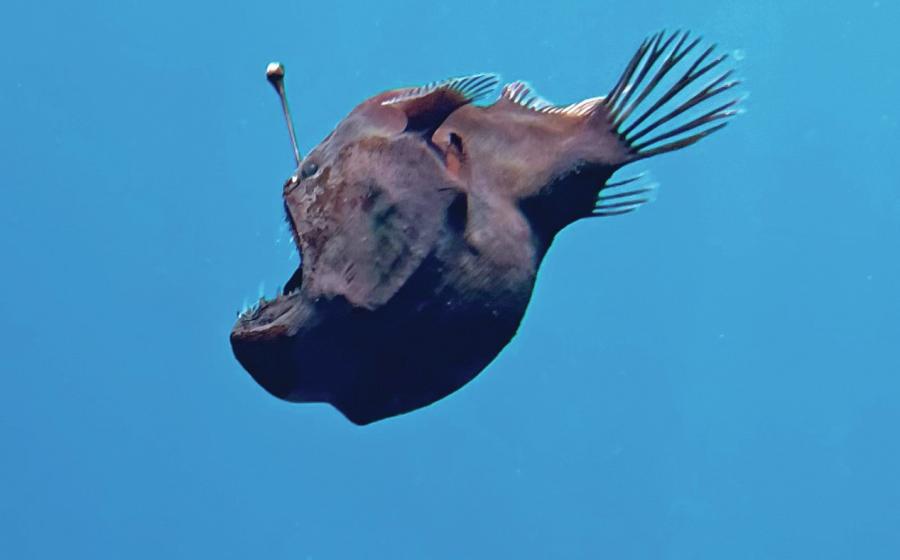Why Shark Feeding Shouldn't Be Banned in the United States

Allison Vitsky SallmonA blue shark swims in close to investigate buckets of bait placed off the coast of California.
From the Editor
Florida senators introduced a bill that would ban U.S. operators from baiting or feeding sharks for any reason other than harvesting them.
The bill, named the Access for Sportfishing Act of 2016, had not been put to a vote, but it did get the approval of the Senate’s Committee on Commerce, Science and Transportation.
“This is extremely dangerous because the divers may or may not be in a cage and are at risk of attacks,” stated the committee in its report. “Sharks also may learn to associate divers with food since divers are feeding the sharks directly from their hands.”
This debate is not new among divers. Many argue that we should have no part in feeding marine life, as it can change behavior and create a dependence on humans. Research shows that sharks return to a site more frequently and for longer periods of time once regular feeding has been established, and that longterm baiting changes the variety of species at sites.
But some conservationists cite positives. Here’s one person’s view on responsible shark-baiting.
Related reading: Everything’s Coming Up Corals!
Surely, these senators were scarred by watching Jaws — or other sensational media — at an early age. This bill not only further perpetuates the idea that sharks are mindless killing machines, but it also damages the industry that has the most potential for changing that mindset.
Ryan Walton, owner of Deep Obsession Charters in South Florida, is one of many shark-dive operators who will be affected by this proposed federal ban on shark feeding. He has never experienced any incidents with sharks; it's hard for him to imagine why such a bill was even proposed.
Chumming has become necessary to reliably view sharks in most places because their populations are extremely depleted, but there’s no reason to fear an unprovoked attack. Shark behaviorist Dr. Erich Ritter says there’s no data showing that feeding sharks conditions them to associate people with food.
“We’ve shown that, per weight, the shark is the most harmless predator on this planet,” says Ritter. Sharks are extremely shy, and it takes a lot for them to decide to bite.
“The argument that if we don’t feed sharks we’ll have fewer bites doesn’t hold water,” says Ritter. “We’ve observed that in 2001 in Florida [when baited shark dives were banned in state waters], and the number of bites didn’t go down.”
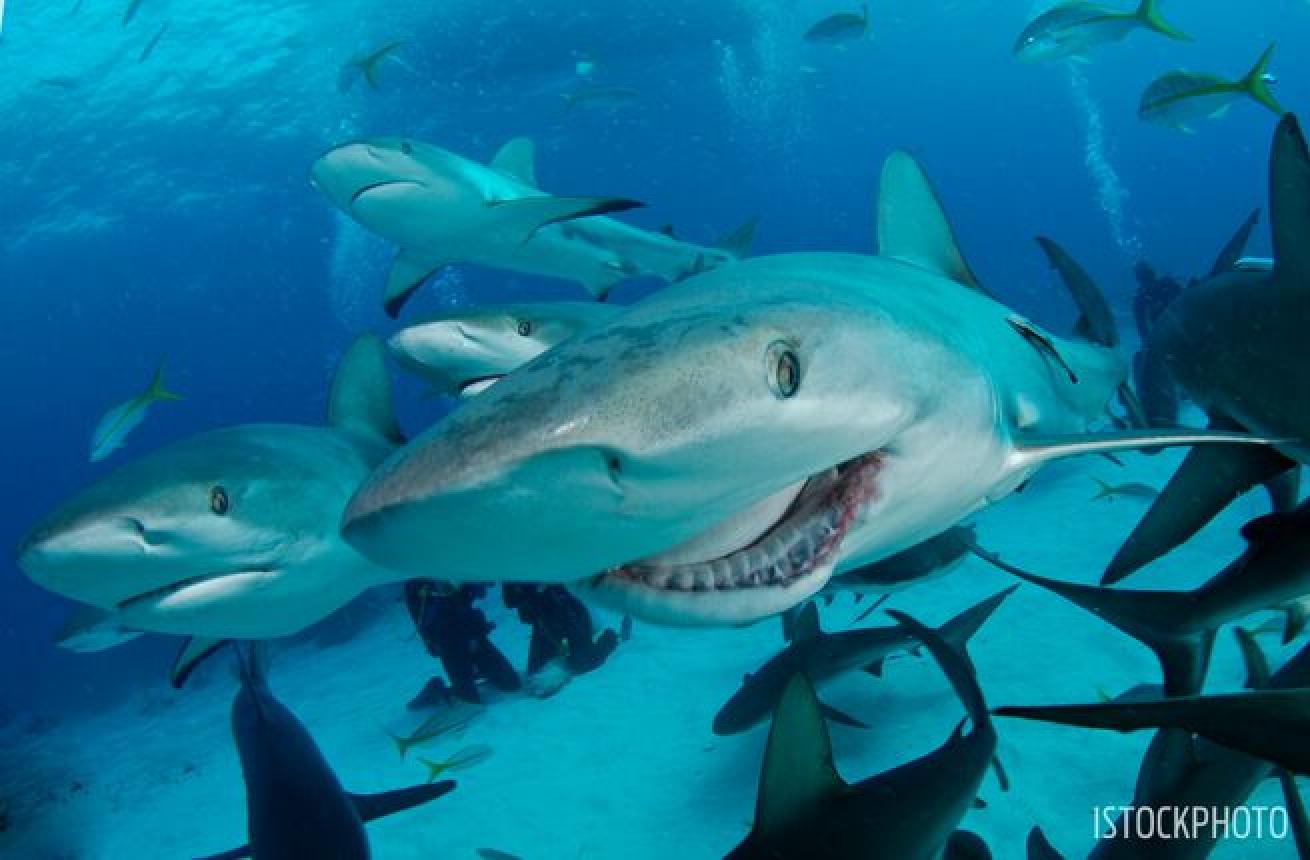
istockphotoShark encounter dives that attract sharks with food let scuba divers get up-close and personal with the ocean's apex predators. But, they may not be legal in the U.S. for much longer.
Ritter found that South Carolina, a state that has nonchumming shark dives, has areas with a higher relative risk factor of shark incidents than Florida. Conversely, the Bahamas, a country 48 miles off the east coast of Florida with a huge shark-feeding dive industry, has had 74 unprovoked shark bites since 1860 — that is on average less than one shark incident every two years. Considering these three locations, one might suspect another factor is to blame rather than shark feeding. Rick MacPherson, marine biologist and founder of Sustainable Shark Diving, believes the bill is overkill because it closes down the option and opportunity for sustainable practices.
Ultimately, money is a key factor in this discussion. In Palau, it was found that an individual shark had an estimated annual value of $179,000 from fishing, while that same shark would have a lifetime value of $1.9 million to the dive industry.
“An evaluation released early this year shows that shark dives contribute $114 million to the Bahamian economy,” says MacPherson. This is an industry so lucrative that in 2011, the Bahamas banned the killing and possession of sharks.
READ MORE: 7 Things You Didn't Know About Hammerhead Sharks
Shark-encounter dives in Florida accounted for about $221 million in direct expenditures in 2016, according to a report by the nonprofit Oceana — that’s more than 200 times the value of shark-fin exports for the entire United States in 2015. Worldwide, if people find they can make more money diving with sharks than killing them, we can make major strides for conservation.
Related reading: I.CARE Trash Derby: Protect Paradise with a FREE Clean-up Dive
“[Humans] are killing two times the amount of sharks than they can repopulate, so shark-dive tourism gives them an edge to help change the public perception of sharks as monsters to just another charismatic wildlife,” says MacPherson.
As a dive operator, the most fulfilling part of Walton’s job is seeing the changes in attitude when divers get out of the water, knowing that there are new ambassadors for sharks.
Being in the water with these regal animals and observing the little interest they have in you is mind-blowing because it differs from everything you expect. Following in the footsteps of other countries, U.S. legislators should embrace these encounters and regulate them with scientifically supported regulations, not biased fears.


